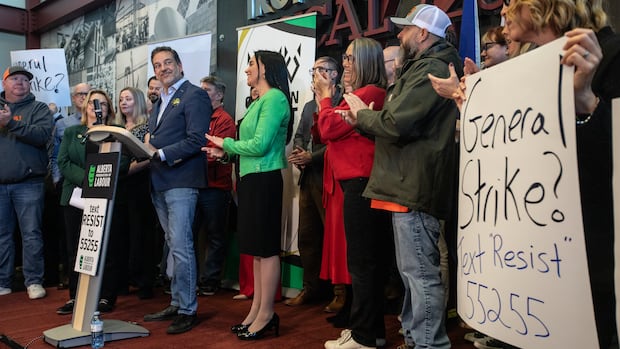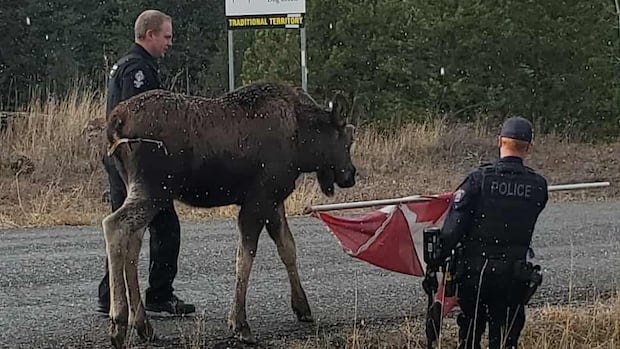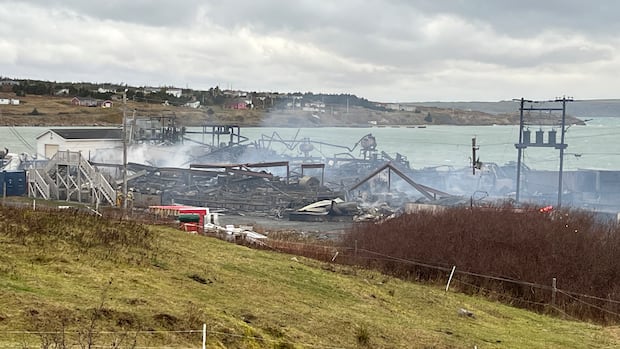A tentative agreement has been reached to end the contract dispute between Air Canada and its flight attendants, both the airline and the Canadian Union of Public Employees (CUPE) said early Tuesday.
CUPE, which represents more than 10,000 Air Canada flight attendants, said that after nine hours of talks with the assistance of the chief mediator appointed by the federal government, the deal struck will be presented to its membership, who will have an opportunity to ratify it.
Among the sticking points for the union was the issue of pay for work performed while planes are on the ground. While not elaborating on the issue, the union said in a statement provided to CBC News that “unpaid work is over.”
CUPE advised its members to “fully co-operate with resumption of operations.”
Some cancellations expected in coming days
Air Canada also confirmed the tentative deal in a statement and said that flights would gradually return beginning Tuesday evening.
Michael Rousseau, the airline’s president and chief executive officer, advised customers to be patient as full restoration of service “may require a week or more,” but said that “everyone at Air Canada is doing everything possible to enable them to travel soon.”
“The suspension of our service is extremely difficult for our customers. We deeply regret and apologize for the impact on them of this labour disruption,” said Rousseau in the statement.
With the Air Canada flight attendants’ strike ongoing, passengers say they’re frustrated at the high cost of booking alternate arrangements.
During the transition to full resumption of service, the airline expected that some flights would still be cancelled. Rousseau said the airline would offer options to customers in such a scenario, including a full refund, a credit for future travel and, if space allowed, rebooking on other airlines.
Pearson airport, near Toronto, advised passengers to check their flight status over the coming days before travelling to terminals, and said it has deployed additional staff across the terminals and baggage areas to assist passengers and support the startup operations.
Air Canada operates around 700 flights daily. The airline had estimated on Monday that 500,000 customers would be affected by flight cancellations.
Aviation analytics firm Cirium said as of Monday afternoon, Air Canada had called off at least 1,219 domestic flights and 1,339 international flights since last Thursday, when the carrier began gradually suspending its operations ahead of the strike and lockout.
Binding arbitration had been rejected
The strike began early Saturday, but just hours later, the federal government invoked a section in the Canadian Labour Code to order binding arbitration through the Canada Industrial Relations Board (CIRB).
CUPE rejected that procedural step by Jobs Minister Patty Hajdu and accused Air Canada of anticipating such an intervention and not bargaining in good faith.
CIRB characterized the union’s defiance of the back-to-work order over the weekend as “unlawful.”
Prime Minister Mark Carney said Monday he had been disappointed by the impasse, but that it was important that flight attendants were “compensated equitably at all times.”
Jobs Minister Patty Hajdu joins Power & Politics, defending her decision to invoke Section 107 of the Canada Labour Code to order Air Canada flight attendants back to work. She says ‘it was clear’ the airline and the union ‘needed another tool’ to continue negotiations after the union went on strike.
The union served the required 72-hour notice of its intention to strike last Wednesday, after negotiations for the collective bargaining agreement that expired on March 31 had failed to lead to a new pact. It was the first such job action by Air Canada flight attendants since the 1980s.
The union and the airline both agreed to the mediator, William Kaplan, who previously assisted in Canada Post labour negotiations.







